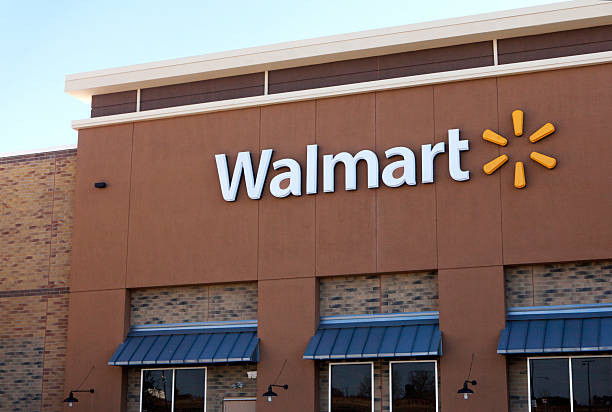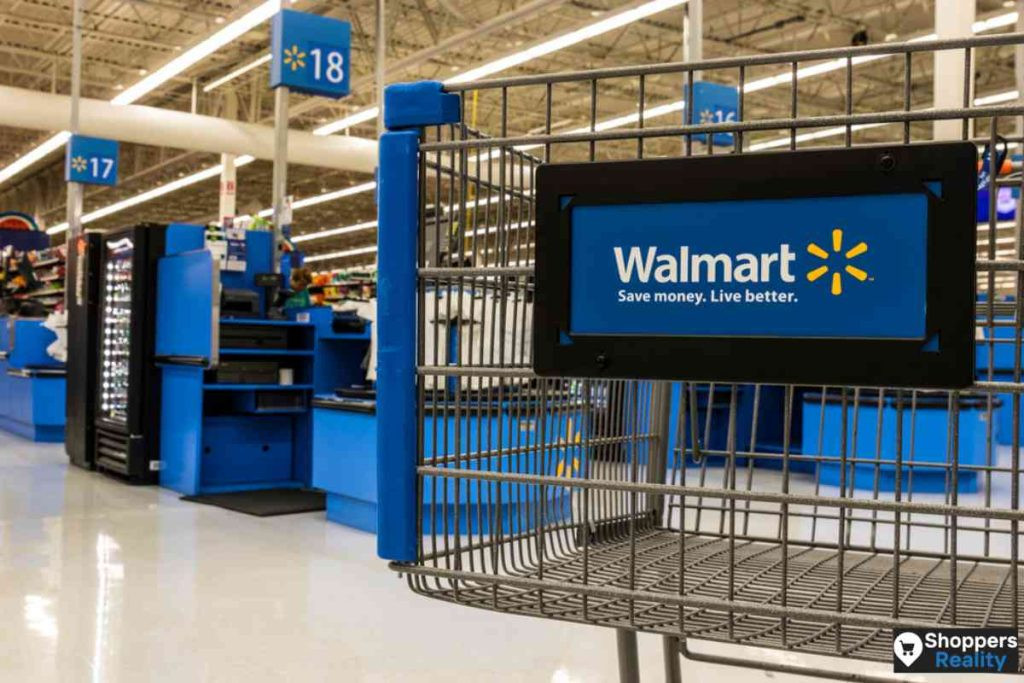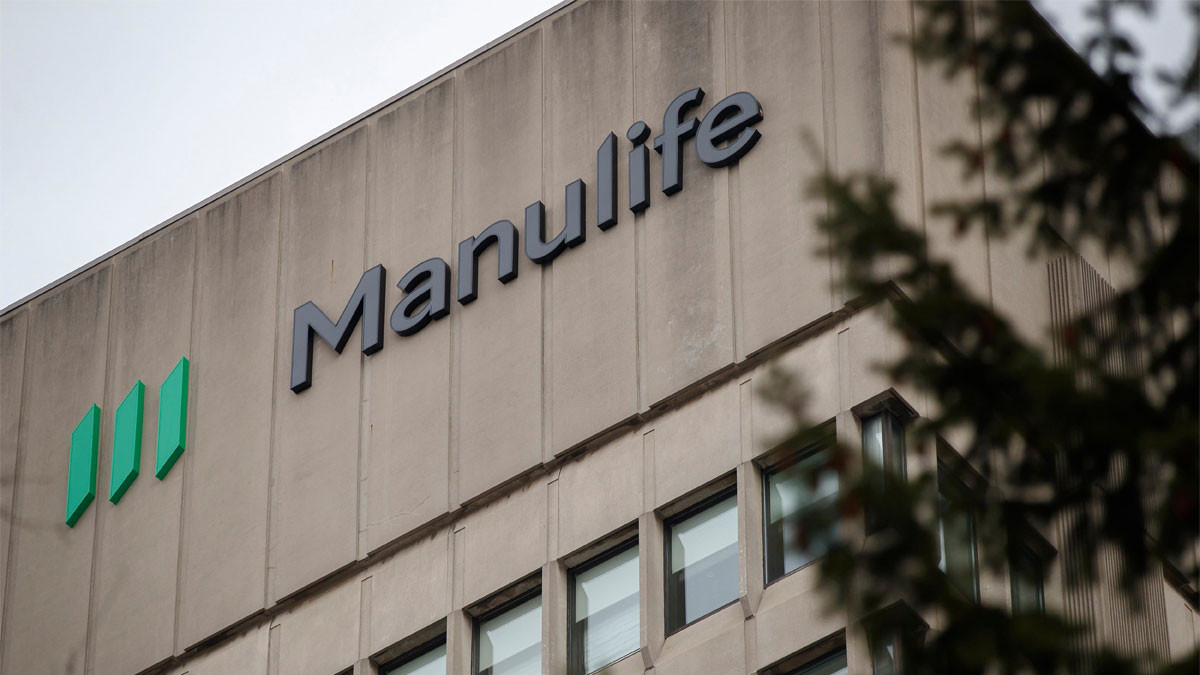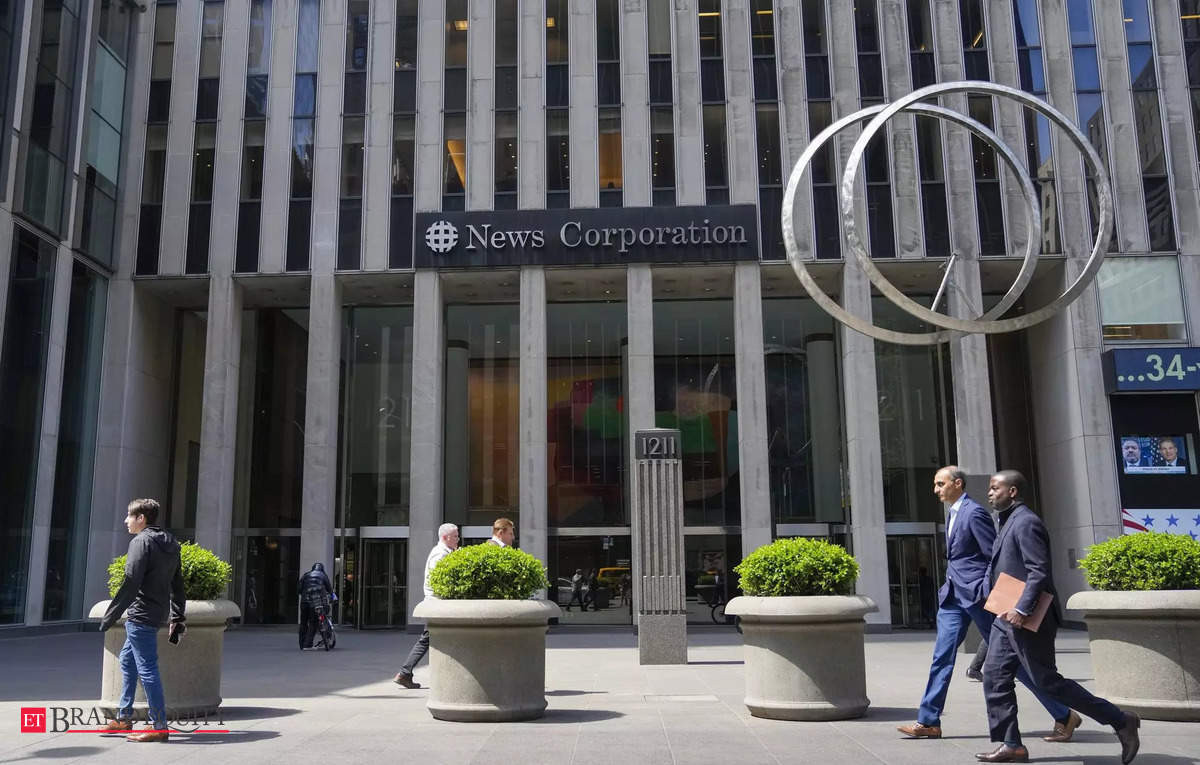Walmart's Retreat from DEI: A Conservative Backlash?
Walmart, the world's largest retailer, has announced a significant rollback of its diversity, equity, and inclusion (DEI) policies. This move follows a growing trend among major corporations facing pressure from conservative activists and the fallout from the Supreme Court's 2023 decision ending affirmative action in college admissions. The changes, confirmed by Walmart after being initially reported by the Wall Street Journal, are far-reaching and mark a shift in the company's approach to social responsibility. The decision has sparked intense debate, with some praising it as a necessary correction and others criticizing it as a step backward for inclusivity.
The Details of Walmart's DEI Rollback
Walmart's changes are sweeping. They include the termination of a five-year commitment to an equity racial center established in the aftermath of George Floyd's murder. The company is also phasing out the term “DEI” itself, replacing it with a focus on “belonging.” Crucially, Walmart will no longer prioritize suppliers based on race or gender diversity. This represents a marked departure from previous initiatives aimed at promoting inclusivity within its supply chain. In addition, the retailer will halt the listing of certain transgender-related items on its website. Walmart also stated that it will review grants provided to Pride events to ensure that they are not supporting content deemed inappropriate for children.
Impact on Suppliers and Marketplace
The decision to halt priority treatment for suppliers based on diversity has significant implications. While Walmart maintains a commitment to supporting small businesses, the criteria for supplier selection will no longer explicitly favor companies with diverse leadership or workforces. This shift is likely to impact the diversity of its supply chain over time, though the company emphasizes its dedication to the success of small suppliers.
Walmart's actions also extend to its third-party marketplace. The company will be more actively monitoring items listed by third-party sellers to ensure that products marketed to minors do not contain sexually explicit or transgender-themed material. This measure, while presented as a safety precaution, aligns with the broader conservative pushback against DEI initiatives.
The Broader Context: Corporate DEI Under Pressure
Walmart's decision is not an isolated incident. Several other major corporations, including Ford, Lowe's, Tractor Supply, and Harley-Davidson, have recently scaled back their DEI programs in the face of mounting conservative pressure. This pressure intensified after the Supreme Court's affirmative action ruling, emboldening conservative groups to challenge corporate DEI initiatives through lawsuits and public campaigns. The success of these actions in influencing corporate policy is undeniable and indicates a significant shift in the political and social landscape affecting corporate social responsibility.
The Role of Activism and Public Pressure
The influence of conservative activists, particularly Robby Starbuck, a prominent anti-DEI commentator on social media platforms like X (formerly Twitter), is noteworthy. Starbuck has actively targeted companies with DEI programs, leading to public pressure and, in some cases, policy changes. His online campaigns, frequently amplified by other influential figures, have demonstrated the power of targeted activism in shaping corporate decisions. Starbuck's public pronouncements regarding Walmart indicate the significant role played by social media in influencing corporate decisions.
Walmart's Justification and Future Outlook
Walmart's CEO, John Furner, has framed the company's actions as an effort to create a welcoming environment for all customers and associates. He emphasizes the company's ongoing commitment to inclusivity, although the specific strategies employed have shifted dramatically. However, critics argue that this approach represents a retreat from proactive measures to address systemic inequalities and biases within the company and its supply chain. Walmart insists its focus is on creating a welcoming environment for all customers and associates, but the implications of this shift in priorities remain a subject of ongoing debate and analysis. Walmart will also need to navigate the potential impact of the incoming Trump administration’s policies which could potentially affect its costs and pricing.
Navigating the Political Landscape: Trump's Influence
The timing of Walmart's announcement, shortly after the election of President-elect Donald Trump, is significant. Trump, a vocal critic of DEI initiatives, has made it clear that his administration will take a more conservative approach to corporate social responsibility. His administration’s focus will likely be on prioritizing domestic manufacturing and jobs, and the potential impact of new trade policies on prices and the overall economy is another factor that will likely influence Walmart’s strategy. The company stated that they will adjust to any new trade policies that will be introduced.
The Unfinished Chapter: What Lies Ahead for Corporate DEI?
Walmart's decision raises important questions about the future of corporate DEI initiatives. Will other companies follow suit? Will this lead to increased polarization and political battles over corporate social responsibility? The answers to these questions remain uncertain, but the events at Walmart suggest that the landscape of corporate DEI is changing rapidly. The long-term effects of Walmart’s actions will undoubtedly be a source of ongoing analysis and debate within the business world and across the broader political spectrum. The path forward for corporate DEI remains uncertain, and this pivotal decision by Walmart has set the stage for a critical period of reflection, reaction and potential policy shifts within the corporate world. This issue is far from settled, and the coming years will be crucial in observing how companies across all sectors adapt to the new norms.


















